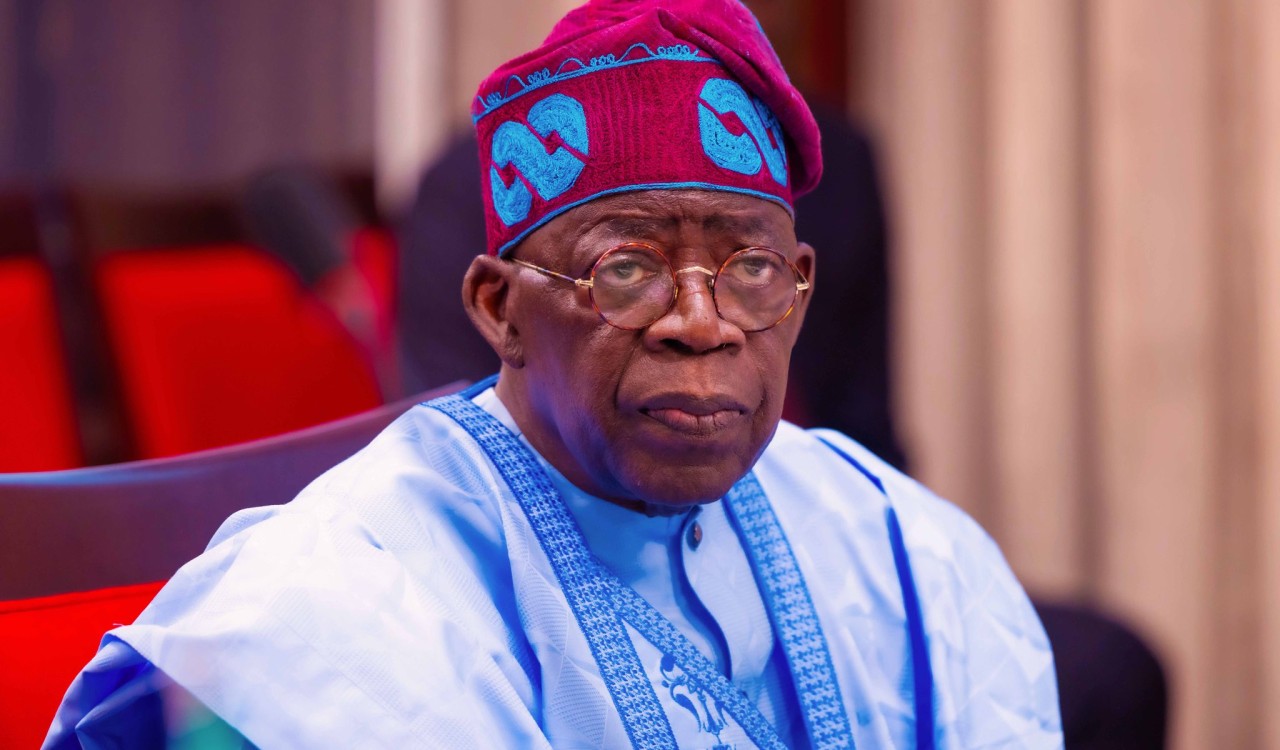“Prof. Dung Pam Urges Tinubu: Convene Presidential Dialogue on Electoral Reform Amidst Electoral Process Concerns”
In his address at a one-day Multi-stakeholders dialogue on rebuilding trust in the electoral process and election organized by EU-Support to Democratic Governance in Nigeria, Professor Dung Pam of the Department of Political Science at the University of Jos, made a fervent appeal to President Bola Tinubu to demonstrate a profound commitment to electoral reform by initiating a presidential dialogue. This call for dialogue comes at a critical juncture in Nigeria’s electoral landscape, marked by widespread concerns regarding the integrity and transparency of electoral processes.
One of the primary issues highlighted by Professor Pam is the necessity for the National Assembly to address the ambiguities present in the 2022 Electoral Act. Specifically, he emphasized the need for clarity in provisions related to pre-election matters, election petitions, results collation, and electronic transmission of results as outlined in Section 64 of the Electoral Act 2022. By eliminating these ambiguities, the electoral framework can be strengthened, fostering greater confidence in the electoral process.
During his discourse, Professor Pam lamented the inadequacies and flaws in Nigeria’s electoral processes, citing examples such as unreleased voter cards, discrepancies in the voter register, and allegations of manipulation by various stakeholders. He pointed to the recruitment practices within the Independent National Electoral Commission (INEC) and the complicity of ad-hoc staff and political actors in manipulating election outcomes. Additionally, he criticized the judiciary for its perceived impartiality and the security agencies for their partisan tendencies, both of which undermine the credibility of the electoral process.
Furthermore, Professor Pam highlighted the detrimental impact of incumbent governors’ influence on party structures, candidate imposition, and electoral rigging. He underscored the urgent need to rebuild trust in the electoral process, recognizing that restoring faith in institutions and procedures requires comprehensive reforms across multiple fronts.
To address these challenges and restore confidence in the electoral system, Professor Pam proposed several measures. These include strengthening the electoral legal framework, granting developmental autonomy to local government councils through constitutional reforms, aligning State Independent Electoral Commission (SIEC) laws with national electoral laws, and enhancing the autonomy of Elections Management Bodies, particularly INEC, to ensure their political, administrative, and financial independence.
In conclusion, Professor Dung Pam’s impassioned plea for a presidential dialogue on electoral reform underscores the pressing need to address the deficiencies and restore credibility to Nigeria’s electoral processes. His recommendations provide a roadmap for policymakers and stakeholders to enact meaningful reforms that uphold the principles of democracy and ensure the integrity of future elections in the country.
